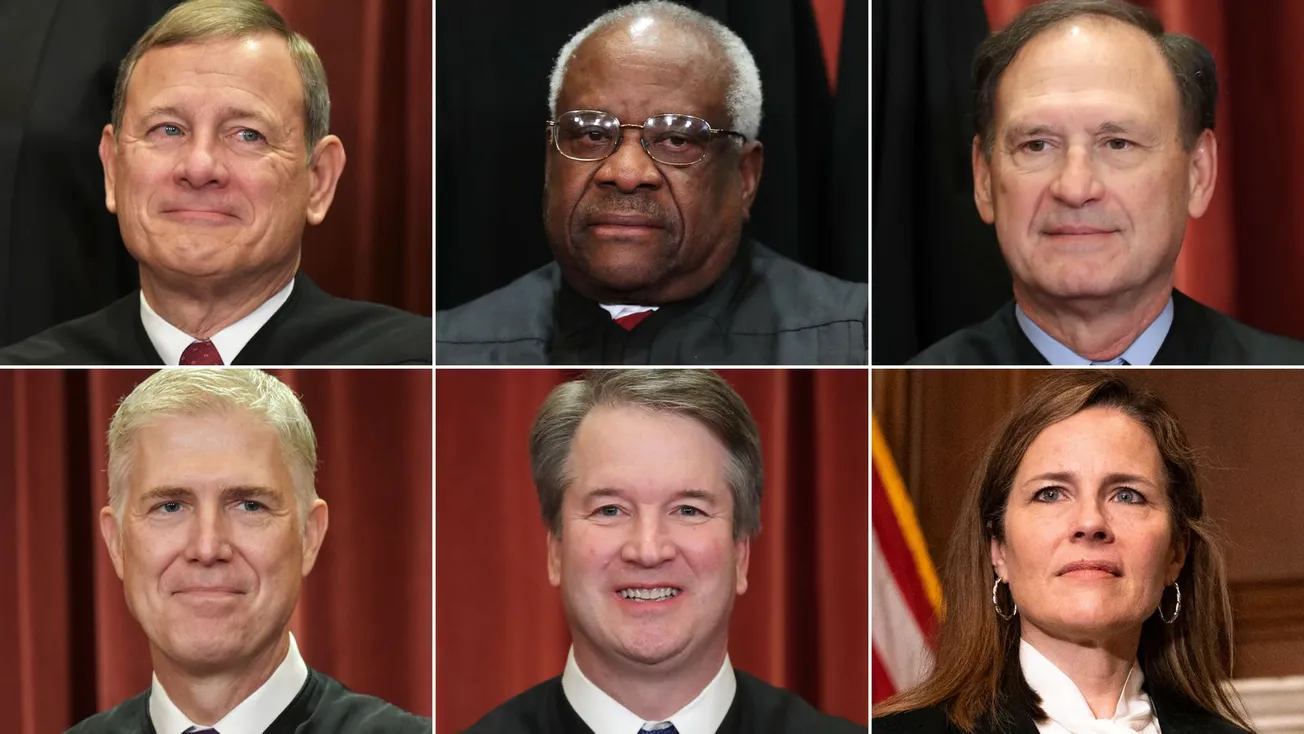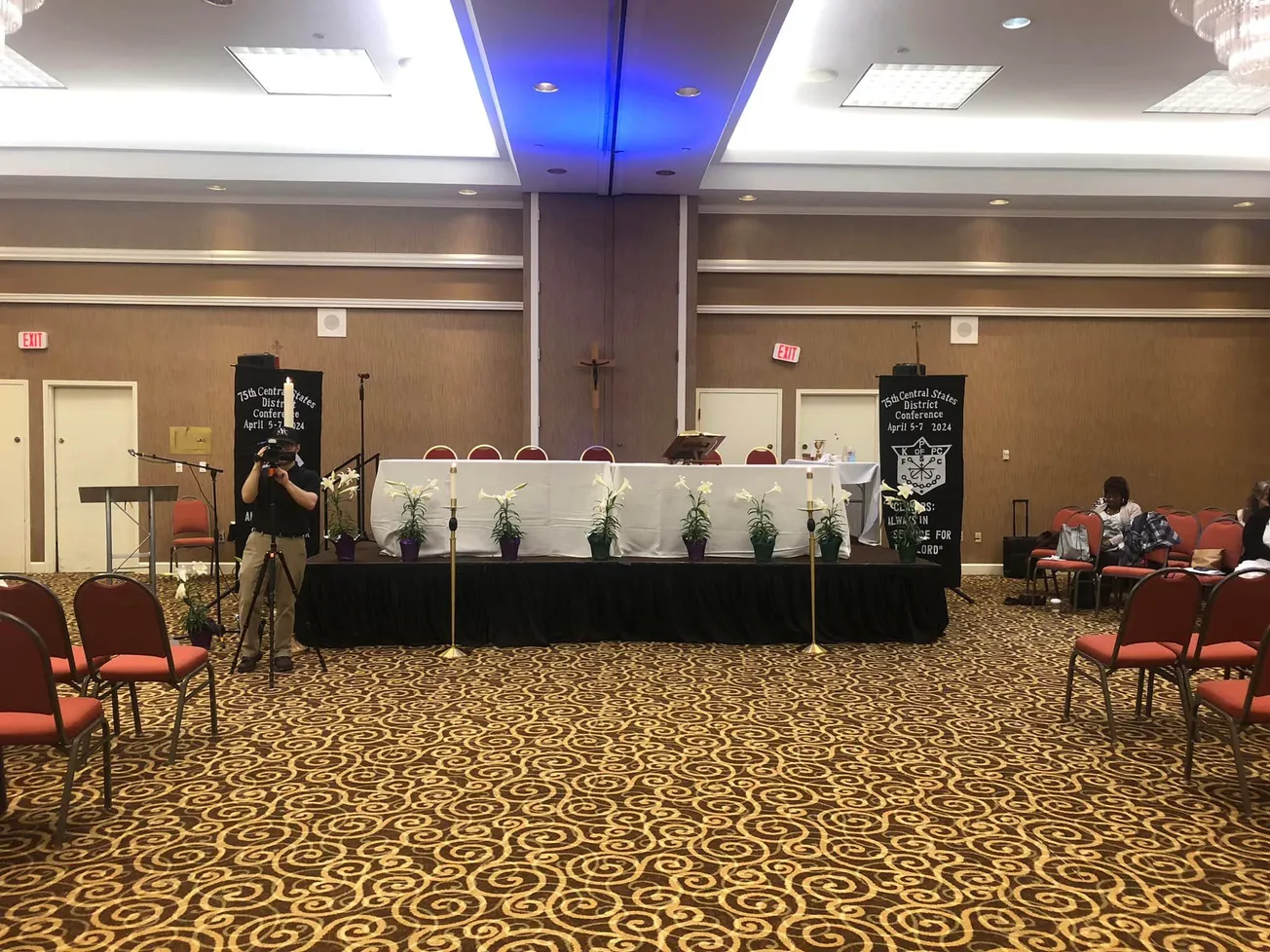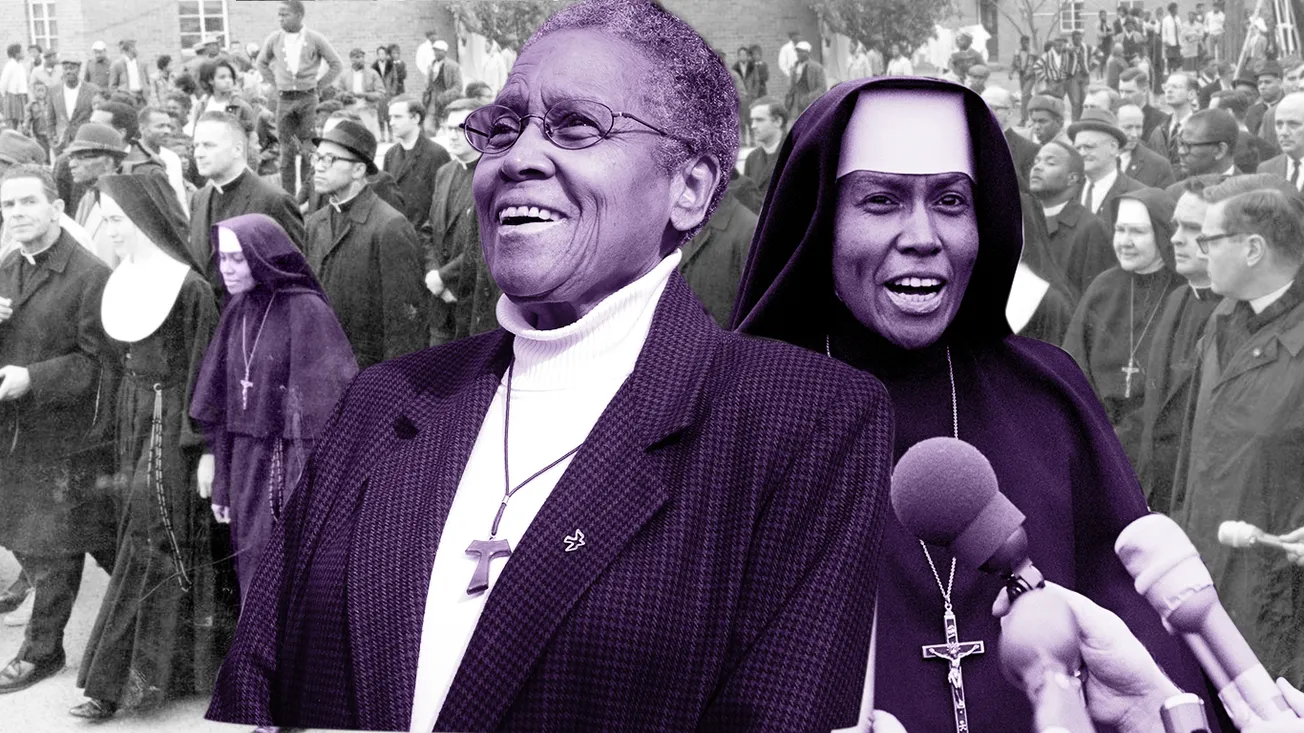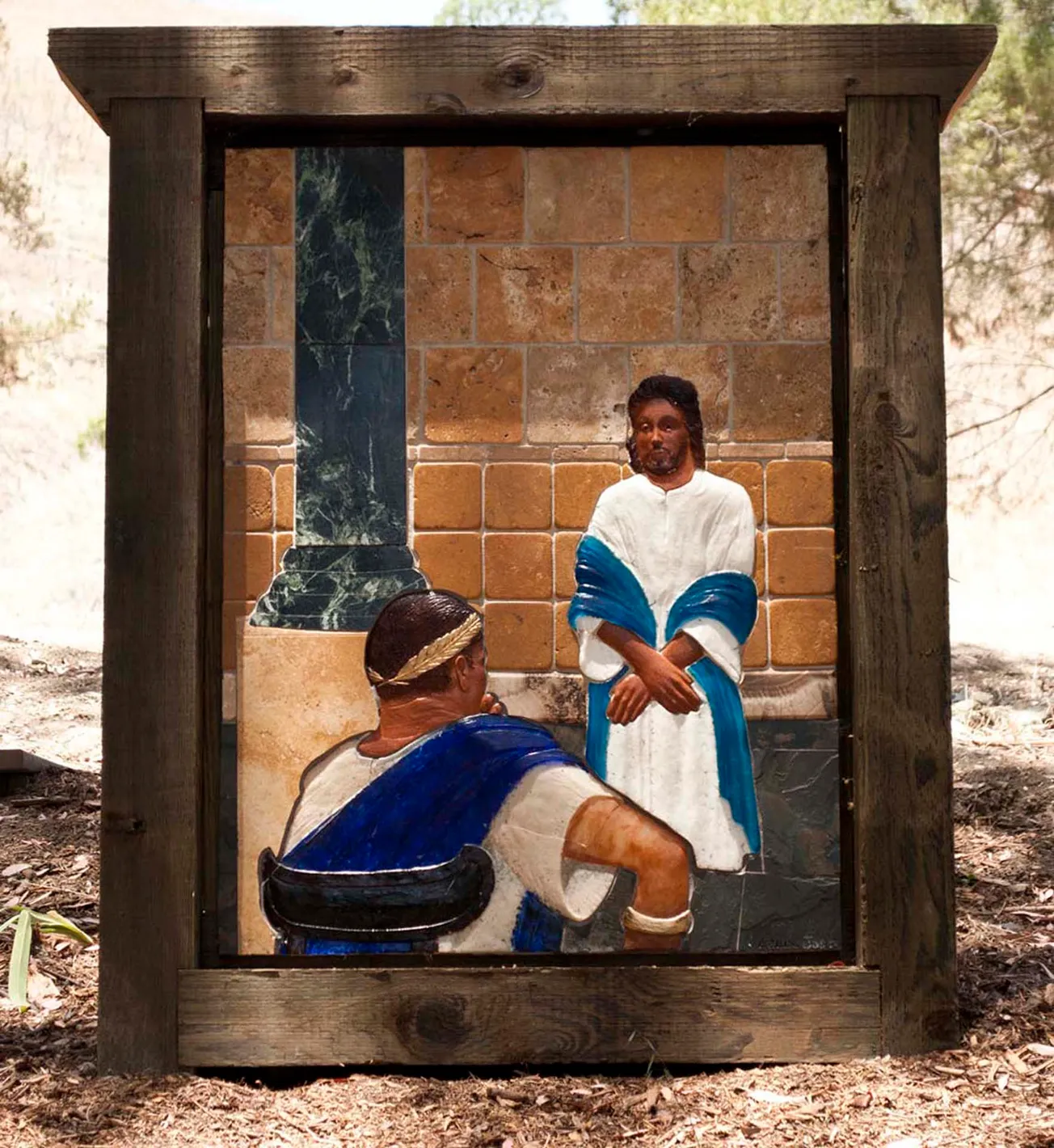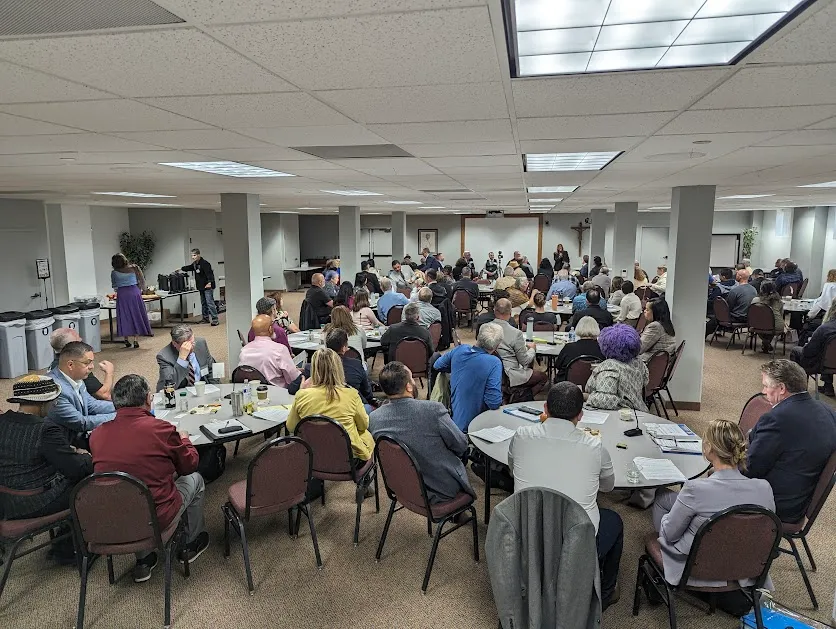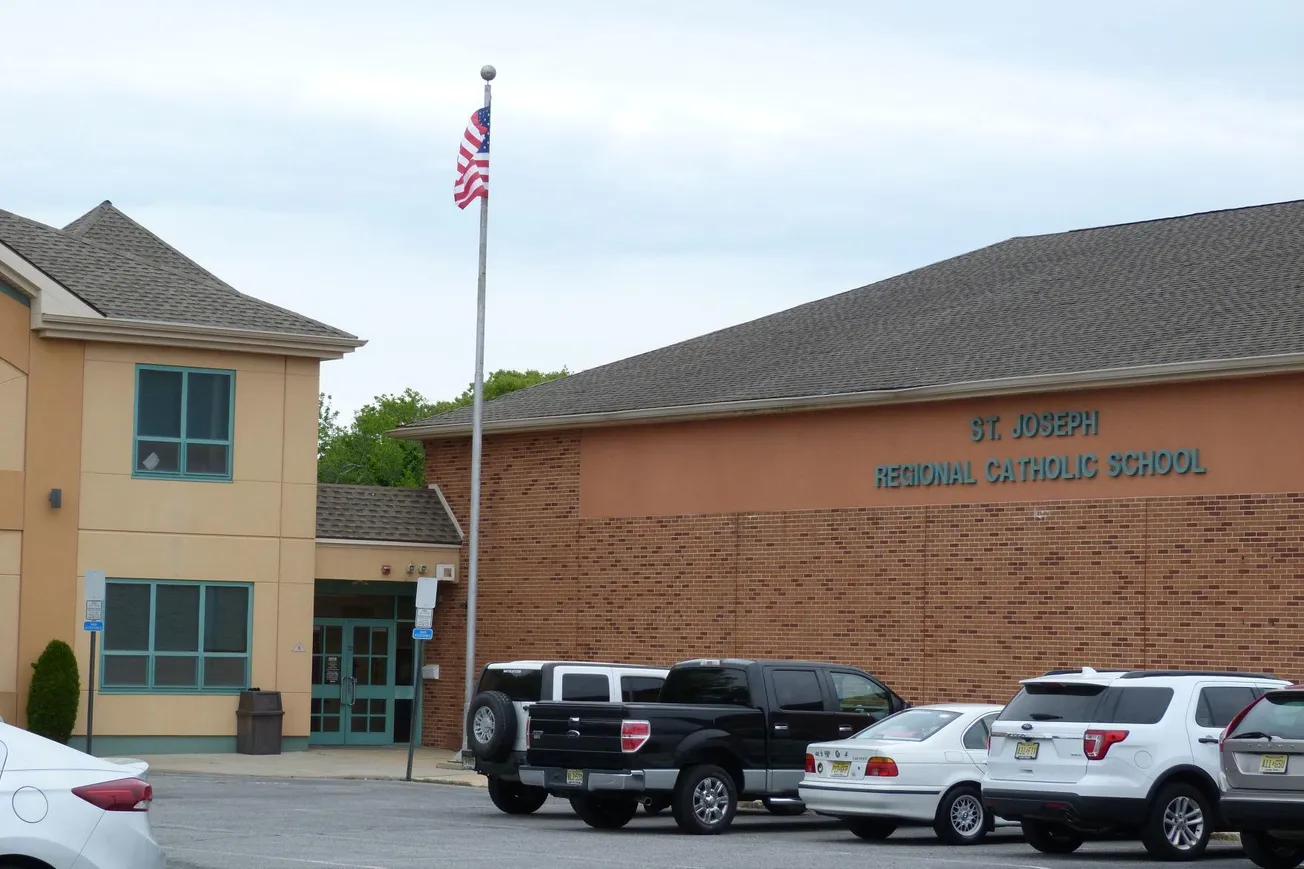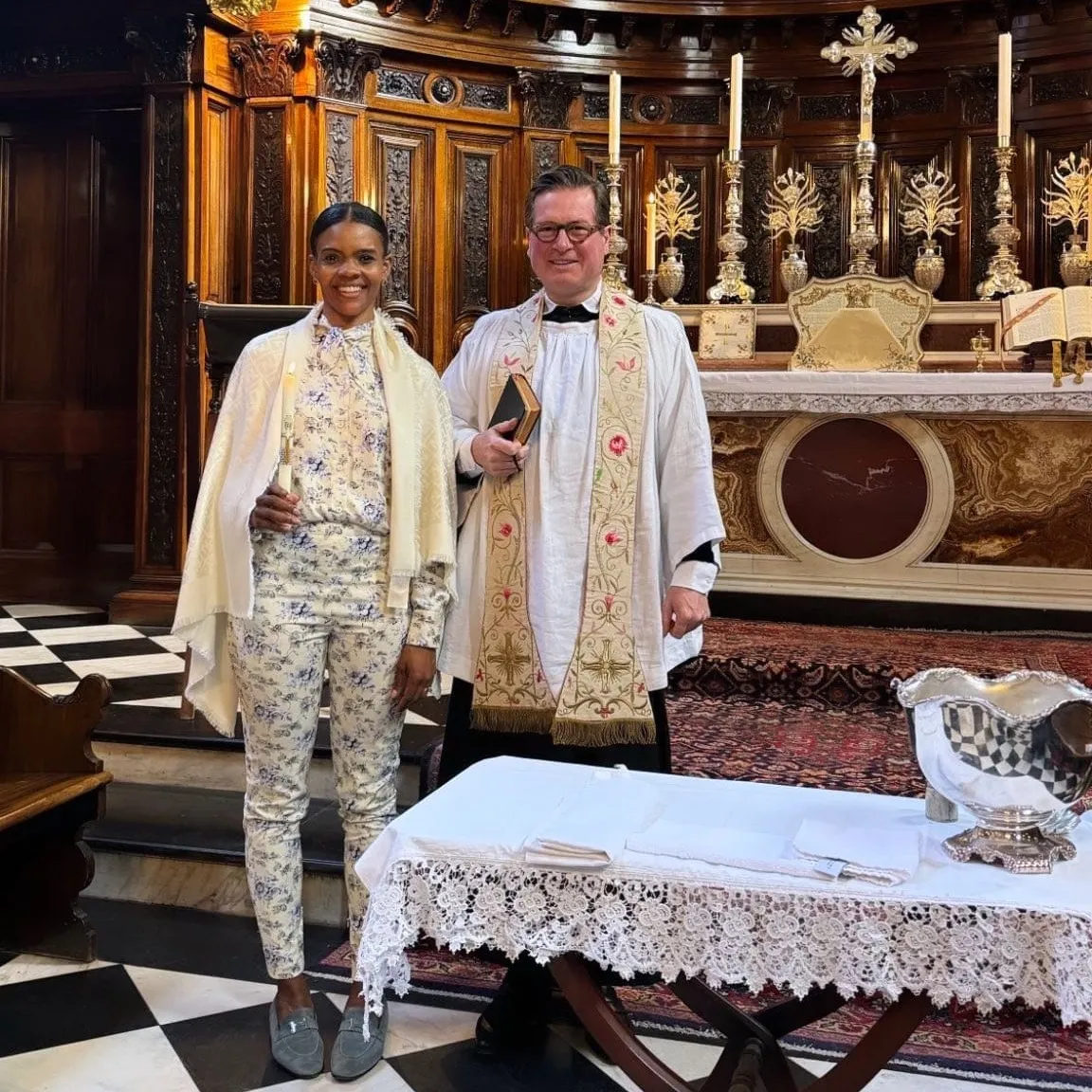The Supreme Court’s conservative majority has dealt out yet another summer of controversial decisions that ultimately move the hand of justice backward for American descendants of Africa. The justices, in typical partisan fashion, first ruled to eliminate affirmative action in college admissions, a practice that has supported students of color in higher education for nearly six decades.
In every recent Supreme Court term, the looming threat of eliminating affirmative action has hung over our heads. Intuitively, many Black people knew that the conservative majority always wanted to dial back the clock on this topic, but we didn’t know exactly when it would happen. Now that it has, the level of distrust of the court among the general public will grow even wider.
The conservative wing of the Court has been checking off its wishlist in key areas throughout the past year. Along with last summer’s Dobbs decision restricting abortion access, the latest decisions are likewise a setback for fairness.
What’s notable in all of the decisions is the unfortunate Catholic voice in the rulings. Currently, six members of the Supreme Court are Catholic: Chief Justice John Roberts and Associate Justices Clarence Thomas, Samuel Alito, Brett Kavanaugh, Sonia Sotomayor, and Amy Coney Barrett. Neil Gorsuch, appointed by former President Donald Trump, was raised Catholic but is now a practicing Episcopalian.
Trump was strategic in his court appointments. He knew that packing the federal judiciary with White, Christian conservative justices would reverse decades of progressive cases and usher in an era of regression on civil rights. This is why many Americans feel apprehensive about the future of several high-profile cases such as the landmark Brown v. Board of Education.
Given these conservative-aligned judges and the preponderance of right-wing Catholic voters, the rejection of the welfare of their Black American fellow Catholics is apparent. From the Supreme Court to vocal Catholic governors like Greg Abbott and Ron DeSantis, the unrelenting wave of reckless conservatism has created a tsunami of legislative anti-Blackness.
Let’s keep at the forefront the most important takeaways from the recent SCOTUS rulings. In the book “Black Labor, White Wealth: The Search for Power and Economic Justice” by Dr. Claud Anderson, he outlines two barriers the federal judiciary creates for Black people, both of which are alive and well today.
Firstly, he notes that the legal basis for American White Supremacy has always been the nation’s founding documents, such as the Declaration of Independence and the U.S. Constitution. Many conservative White Catholics don’t understand how these documents have always been a major obstacle for African descendants in this country. Instead, they see originalism as a logical go-to for interpreting legal texts.
From the time of their arrival in this country up to the Constitutional Convention, Africans and their offspring were reduced to exploitative labor and brutal chattel slavery. As in every system, there were small exceptions for free persons, but Black Americans in general were systematically in a position of powerlessness.
While the Framers were boasting in the ideal of independence, professing that the Creator endowed men with unalienable rights, a significant portion of these men enslaved their African brothers and sisters. In their blatant hypocrisy of values, it was evident that these privileges and rights didn’t apply to Black men and women and children in bondage.
The sacredness of life was ignored every day that another human bought, sold, and forced a lifetime of misery for those in chains. The value of liberty was reduced to dehumanizing biblical justifications for bondage. There was no pursuit of happiness when family separation, rape, and cruel punishment were like a leech sucking humanity away slowly, year after year.
The slavers may have felt personally conflicted, but that never materialized into concrete resolutions to grant African people in America their proper human rights. Given that these Black Americans weren’t even fully recognized as human beings when the Declaration of Independence was drafted, how can we be confident that centuries later, any ruling based on the Constitution would truly have their best interest in mind? Such a document, built to protect the interests of the Framers, can hardly have any exhaustive practical reach for us today.
Secondly, Anderson asserts that key rulings from the Supreme Court have disenfranchised Black people. One of the most troubling ever was the 1857 Dred Scott v. Sandford decision. In this perversion of justice, the Supreme Court ruled that Scott wasn't entitled to citizenship because he was enslaved as property. Chief Justice Roger B. Taney, the first Catholic SCOTUS justice, issued an abhorrent opinion explicitly affirming that enslaved Black people were inferior and excluded from the rights stated in the Declaration of Independence.
Many might point to the Reconstruction era as a time when the Constitution was used to assist Black people. Though the 13th, 14th, and 15th Amendments were developed to give formerly enslaved African Americans rights and citizenship following the Civil War, their impact was short-lived. Just a few decades after the adoption of the 14th, which granted citizenship and equal protection to enslaved persons, those gains would be stripped away.
According to Dr. Howard Zinn in his pioneering book, “A People's History of the United States,” by 1886 it was well established that the 14th Amendment had been diverted away from African Americans almost entirely. Of all the court cases involving the amendment between 1890 and 1910, nineteen involved Blacks while 288 concerned corporations.
Though this amendment would be used to secure equal protection in 1954 with Brown v. Board, a little over half a century later it would be notoriously coopted for corporate interests and power with the SCOTUS decision in Citizens United vs. Federal Election Commission.
In other words, the Supreme Court is entrusted with interpreting the law by means of the Constitution but their interpretations are instead maintaining the neglect of African Americans. Because justices and the founding documents have always been at enmity with the well-being of Black people, it’s no surprise that nearly 60% of African Americans have an unfavorable view of the Supreme Court—the highest number for any race. Since the country’s inception, we’ve seen the judiciary be at the forefront of creating and sustaining an uneven playing field, so setbacks like Thursday’s decision on affirmative action are well within precedent.
One of the pillars of conservative ideology, which used to strike down affirmative action, is colorblindness. For many, the idea of seeing race in an alleged meritocracy is problematic. By shifting the dialogue from ability to skin color, conservatives divert attention away from the fact racism has always played a significant role in the lives and decisions of African Americans.
In Justice Kentaji Brown Jackson’s dissent from the majority in Students for Fair Admissions v. University of North Carolina, she rebutted the conservative talking point on a colorblind society and noted how disconnected the SCOTUS conservative bloc is on historic disenfranchisement of African Americans.
“Our country has never been colorblind. Given the lengthy history of state-sponsored race-based preferences in America, to say that anyone is now victimized if a college considers whether that legacy of discrimination has unequally advantaged its applicants fails to acknowledge the well-documented ‘intergenerational transmission of inequality’ that still plagues our citizenry.”
While clinging to the myth of colorblindness, conservatives make the erroneous assumption that affirmative action may have been needed “back then” when racism existed more prominently in the nation’s laws but is no longer necessary due to social improvements for marginalized communities. As Jackson rightly observed, African Americans have suffered immeasurable violence and continual institutional discrimination. Key statistics that demonstrate the racial wealth gap, housing discrimination, employment prejudice, and healthcare experiences obliterate the lie of a post-racial society.
The reality is that conservatives need to end the masquerade of race-neutral expectations and see that programs like affirmative action are essential to help redistribute some power to a class that’s been historically oppressed.
The Catholic conservative majority on the Court isn’t going anywhere anytime soon. They will legislate from the bench for potentially another generation, possibly reinventing the identity of America. Though this may be alarming, Catholics at the local, state, and national levels can combat apathy and “White backlash” by embracing solidarity. Because we share in the Body of Christ, we’re all united in a mystical way to each other. As a famous Black songwriter said in a classic gospel song:
I need you.
You need me.
We're all a part of God's body
Stand with me, agree with me
We're all a part of God's body
The unconcerned state of many conservative Catholics is antagonistic to Gospel-infused interdependence. Consequently, we have the Parable of the Good Samaritan being played out continually. For far too long, we’ve been on the same road with our experiences as marginalized people being wrought with abuse while onlookers embrace individualism. Like the traveling man, Black people too have been collectively left half-dead.
Since it’s only natural for sin-sick humanity to lapse into carelessness toward their neighbor, leaders like Pope Francis have forcefully challenged the inclination to ignore suffering.
“The parable shows us how a community can be rebuilt by men and women who identify with the vulnerability of others, who reject the creation of a society of exclusion.”(Fratelli Tutti)
Therefore, the only way for Catholics to truly abandon exclusionary politics is to confront systems of injustice with an anti-racist paradigm. Until Catholics, conservatives, and all Americans understand that inaction and silence allow systems of racial, social, and economic systems to thrive, our nation will be on trial for negligence.
I'm hopeful that if our brothers and sisters truly heed the call of unity, an ugly brand of conservatism can be dethroned, and justice can be elevated for God’s people.
Efran Menny is a husband, father, and small-time writer. He’s a passionate educator, student of social work, and host of the "Saintly Witnesses" podcast.


